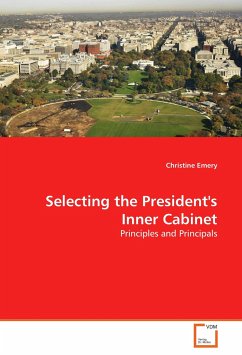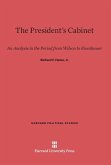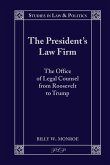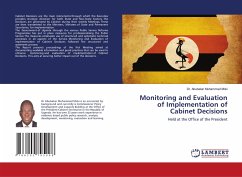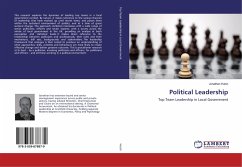Soon after his election, the President-elect must consider, from among all those who are eligible by some standards, which potential appointees warrant serious consideration. Incoming Presidents generally choose members of the Inner Cabinet (Secretaries of State, Defense, and Treasury, and Attorney General) quickly, before making other Cabinet choices. As these Cabinet members will have a significant impact upon policy, the President- elect's choices of who they are likely to be constitute, in essence, his first act of governance. Although there always are speculations and predictions regarding these selections, coherent theoretical analyses are lacking. Prior treatments leave the impression of a selection process that is highly idiosyncratic governed by particular personalities and circumstances that do not carry over from one incoming President to the next. This study uses the principal-agent framework to argue that Presidents-elect are purposeful and motivated principals who want to appoint to the Inner Cabinet people who will be their loyal agents and will promote their policies.

